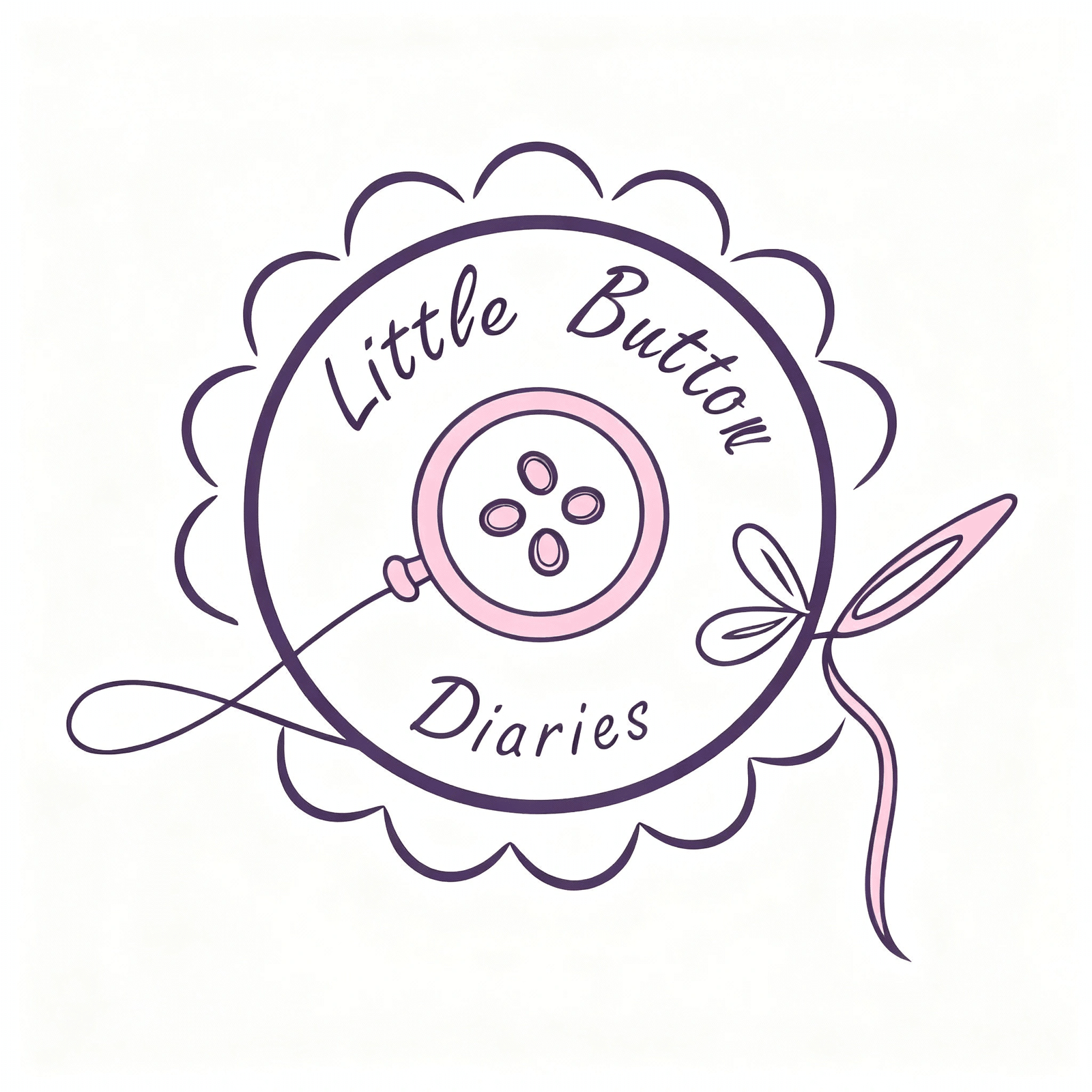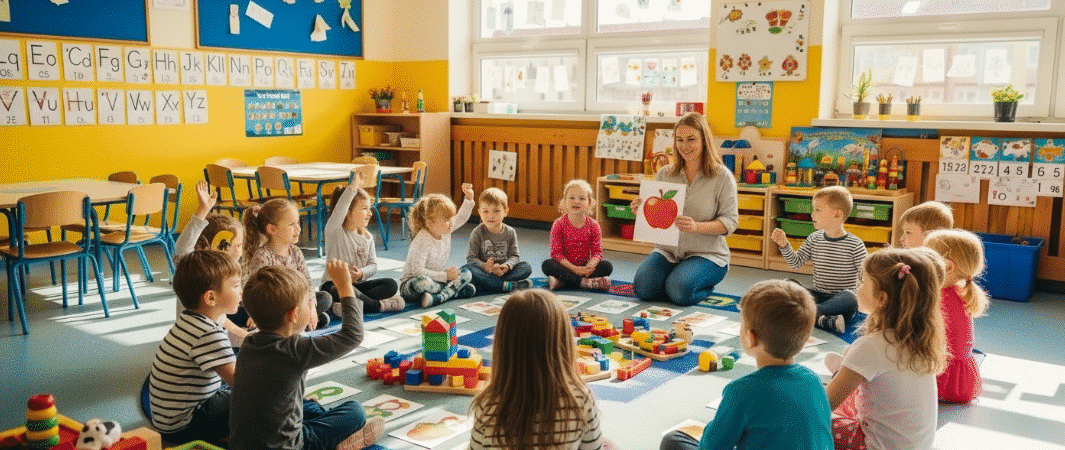Games for kinders are a great way to get young kids excited about learning. When I think about kindergarten, I picture little ones eager to play and discover new things. Kindergarten games are created to help children in this age group develop foundational skills in subjects like math and language arts. Educational apps like PBS Kids Games, Starfall, and Khan Academy Kids teach letters, numbers, and other subjects through interactive games. It’s important to choose games that are appropriate for different ages and age groups to ensure safety and engagement. These games also encourage children to explore the world around them, sparking curiosity and a love of learning. By using games tailored to their developmental stage, children can experience greater success in early learning.
That’s why mixing fun games with learning helps keep their attention and makes school feel like a place where they want to be. Whether it’s learning the alphabet or practicing counting, games make it easier and more enjoyable. Finding games that match what students are studying in school keeps kindergarten fun and engaging.
Why Playing Games is So Awesome in Kindergarten
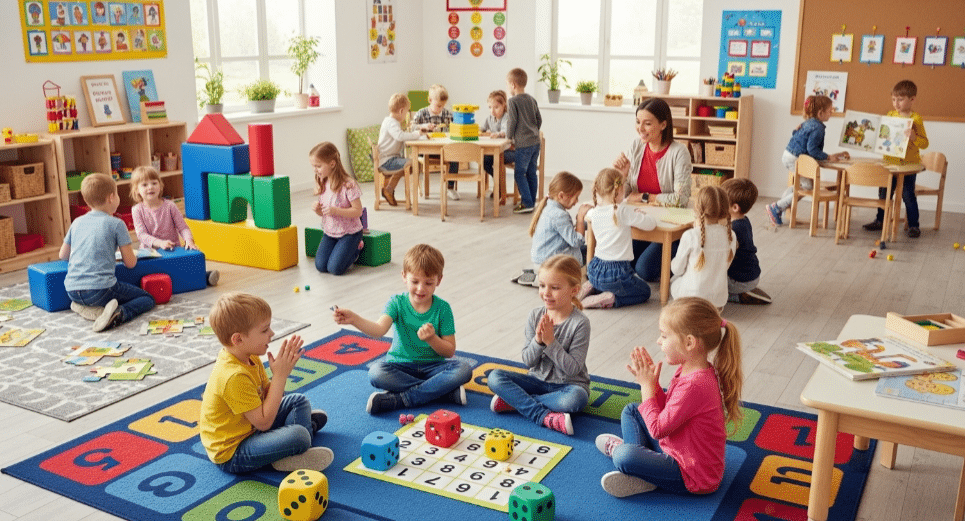
Playing games is a whole lot more than just having fun – it actually helps your little one practice skills that they need to grow & learn, without even realizing they’re learning. When kids play, these activities encourage students to participate, try new things, and explore different areas. They get to learn to listen, follow directions & work with others all at the same time. Friendly competition in games can motivate students to do their best, and a little challenge never hurt anyone. They get to run around, use their hands & even solve problems on their own. This helps build up their self confidence & sets them up for the rest of their school years. Kindergarteners should begin with games that recognize sight words as they begin to read.
Easy & Addictive Games for Kindergarten
Here are the best games I’ve found that kids just love. What’s so nice about them is that they’re super easy to set up, don’t need lots of equipment, & keep the kids totally hooked. Puzzles help develop problem-solving abilities and memory, making them a great addition to any puzzle collection.
Here are some great ways to play games with your kinders. Each game below comes with an example of how to play.
1. Alphabet Train – Get Movin’!
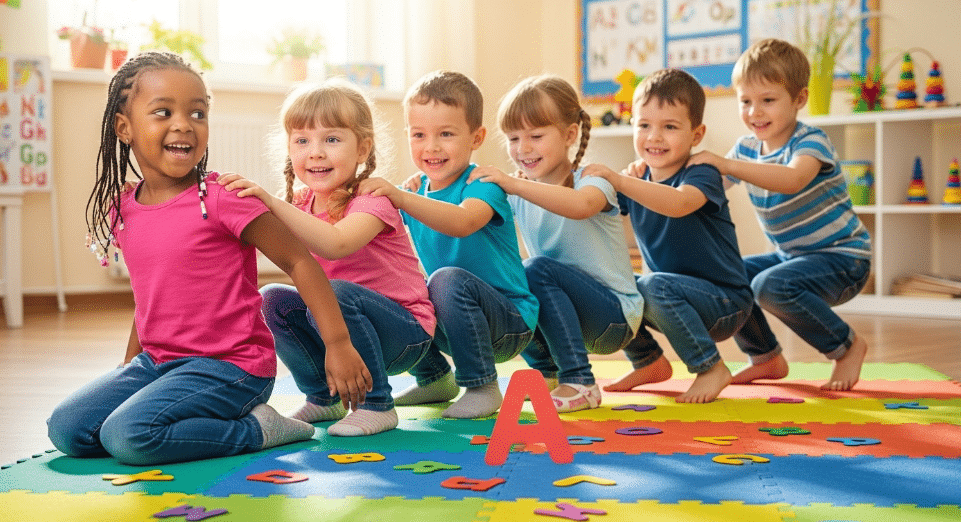
This one is a blast for learning the first letter of their names & other letters. Have the kids sit in a circle and form a train by holding onto the shoulders in front of them. Then call out a letter and have them perform different movements, like “hopping” to the spot that matches the sound of that letter. It’s a fun way to connect letters with sounds and get the kids moving around.
2. Simon Says
This oldie but goodie is great for practicing listening & following directions. The leader calls out actions like “jump” or “touch your toes,” and the kids only do ‘em if they start with “Simon says”. Kids practice answering commands quickly and accurately, making it a fun way to get ‘em to focus while they’re moving around at the same time.
3. What’s Missing?
Put a few toys or objects on a table & let the kids check ‘em out for a bit. Then cover ‘em up & take away one of ‘em. When you show ‘em the objects again, ask the kids to make guesses and provide their answers about what’s missing. This game is a great way to help ‘em practice their memory & attention to detail.
4. Animal Sounds
Kids just love animals, so this one is always a hit. Play a sound or show a picture of an animal & then have the kids try to guess what it is & act it out. For example, one person can pretend to be a cat by crawling on all fours and meowing, while the others guess the animal. It’s a great way to practice listening & speaking.
5. Freeze Dance
Put on a favorite song and have the kids dance around, encouraging different movements. When the music stops, everyone has to freeze in place. Easy peasy, but it’s a great way to help ‘em practice listening & controlling their bodies.
Group Games That Help Build Social Skills
Some games are way more fun when you play with your friends. Many group games use circles so that everyone has an equal chance to participate, making the activity fair and inclusive. Cooperative board games foster communication and teamwork while avoiding competition.
6. Pass the Ball
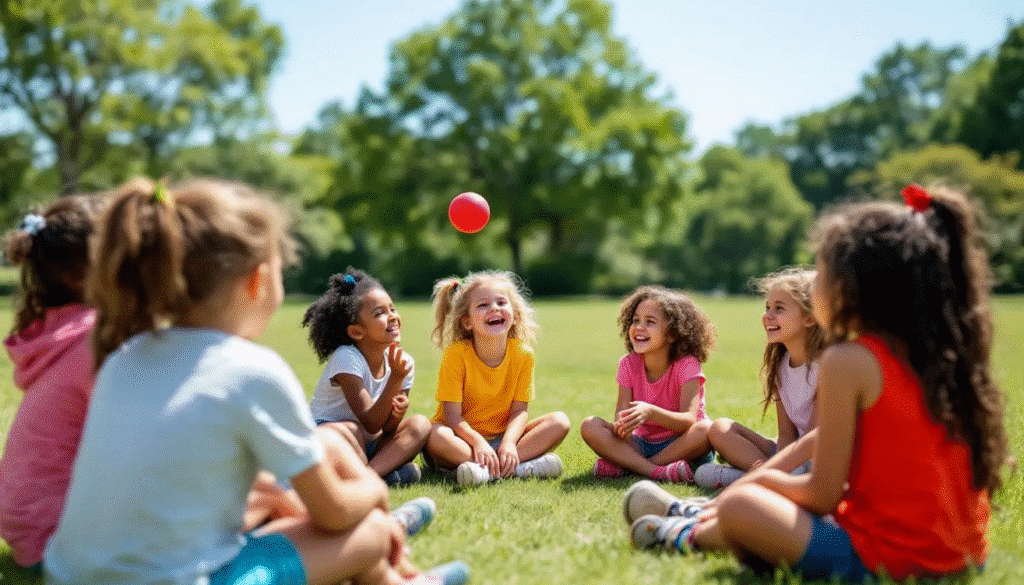
Have the kids sitting in a circle and take turns as each child passes the ball to the next. If the ball is tossed, the next child tries to catch it before continuing the game. While passing the ball around the circle, each child says a word related to a theme. This game is great for vocabulary, listening, coordination, and taking turns.
7. Red Light, Green Light
Pick one kid to be the “traffic light” & stand at one end of the room. The other kids start at the opposite end & try to get to the “light” while following the traffic rules – move on green, stop on red. The first person to reach the “traffic light” wins the game. The last person to cross the finish line can be out or get a fun task. It’s a fun way to practice self control & listening.
8. I’m You Are
This one is great for practicing names & pronouns. Have one kid say “I’m [name], you are [name]” and the group answers back by repeating the phrase. Answering in this way helps reinforce name recognition, builds up their confidence, and gets them talking.
9. Letter Puzzle
Get a big puzzle with letters or words on the pieces. The kids have to work together to complete the puzzle, helping them recognize letters & practice teamwork.
10. Body Letters
Have the kids lie on the floor and use their bodies, especially their arms, to create different letter shapes. This activity combines movement with letter recognition.
Games That Challenge Thinking & Problem Solving
These games challenge the kids to think & solve problems while still having loads of fun. They also encourage children to explain their reasoning or how they arrived at their answers, helping to develop communication and critical thinking skills.
11. Matching Games – Find the Match!
Create some cards with pairs of images or words on them & have the kids take turns trying to find the matches. This helps with memory & concentration.
12. What’s the Sound?
Play a few different sounds & ask the kids to guess what they are. This game is great for sharpening up their listening skills and helps kids develop their phonics skills by identifying different sounds.
13. Drawing Review
Call out a word or phrase & have the kids draw it. After drawing, encourage them to write the word as well. Then ask the others to guess what it is. This one encourages creativity, writing skills, & vocabulary building.
14. Simon Says with a Twist – Add a Little Surprise
Mix things up in the classic game by adding in some new actions or sounds for the kids to follow. The leader can begin the game by calling out a new action or sound. This keeps ‘em on their toes & helps ‘em to think & react quickly.
15. Story Time Guessing – What’s Next?
Tell a short story & then stop & ask the kids to guess what happens next. Encourage them to share their answers about what they think will happen. This one is a great way to practice listening & imagination.
Physical Games That Get Kids Moving
These games get the kids running, jumping & laughing while still practicing their coordination & following rules. They involve a variety of different movements and often include a bit of friendly competition to keep everyone engaged. Animal Walks improve coordination, balance, and imaginative play, making them a favorite among active games.
16. Animal Race – Let’s Get Wild!
Have the kids imitate different animals & then have a “race” across the room to see who can get to the finish line first. This one is a blast & helps with motor skills.
17. Balloon Pass – Keep it Rolling!
Have the kids stand in a circle and have the balloon passed from one child to the next without using their hands. If the balloon is dropped, the child who dropped it must stand in the middle for the next round and say a word from a certain category. This one encourages teamwork and quick thinking.
18. Chair Switch – Speed it Up
Arrange the chairs in a circle, with the kids sitting in each chair to start. Play some music, and when the tune ends, each round begins as the kids quickly get up and scurry around to find a new chair to sit in. This creates a fun, energetic sequence where sitting in a new chair marks the end of each round and gives them practice in listening and moving quickly.
19. Hot Potato
While some music is playing, have the kids quickly pass a soft ball or toy around the circle. When the music finally stops, whoever is holding the “potato” at the time gets quizzed on something or does a task. If they answer correctly, they can be awarded a point – it’s a great way to get the kids focused and reacting quickly.
20. Follow the Leader
One of the kids decides to lead the group in some silly dance moves or antics , and the others do their best to copy. It’s a simple game that really helps kids work on listening and keeping their bodies in sync.
Tips for Teachers and Parents
The games I’ve found that work best for me are ones that keep things nice and simple, so I always make sure to give clear, easy to follow instructions. These tips work well in the classroom as well as at home. Art and craft activities can keep children creatively engaged for extended periods of time.
I also like to make sure the kids get to take turns being the leader or getting to make the first move – it helps them feel more included and excited about playing, whether in a classroom setting or elsewhere.
To make the games even more fun, I like to use music and props to keep things lively. And when the kids are playing along – I make sure to let them cheer each other on – it really helps create a positive and supportive atmosphere in the classroom.
And of course, no-one likes to play the same old game over and over again, so I try to mix things up and bring in some new ideas to keep the kids engaged and on their toes.
Wrapping It Up
Games for kindergarteners are the perfect way to make learning fun and engaging – they’re a great way for kids to develop the skills they’ll need in school and beyond. By combining movement, thinking and social play – these games keep the kids eager to learn and grow. Whether you’re a teacher or a parent, incorporating these games into your daily routine can bring a real sense of joy and learning to the children in your life. Using these games can set the foundation for success, helping kindergarteners achieve important milestones and positive outcomes both in school and in their future. So get ready to play, laugh and watch your kindergarteners shine!
